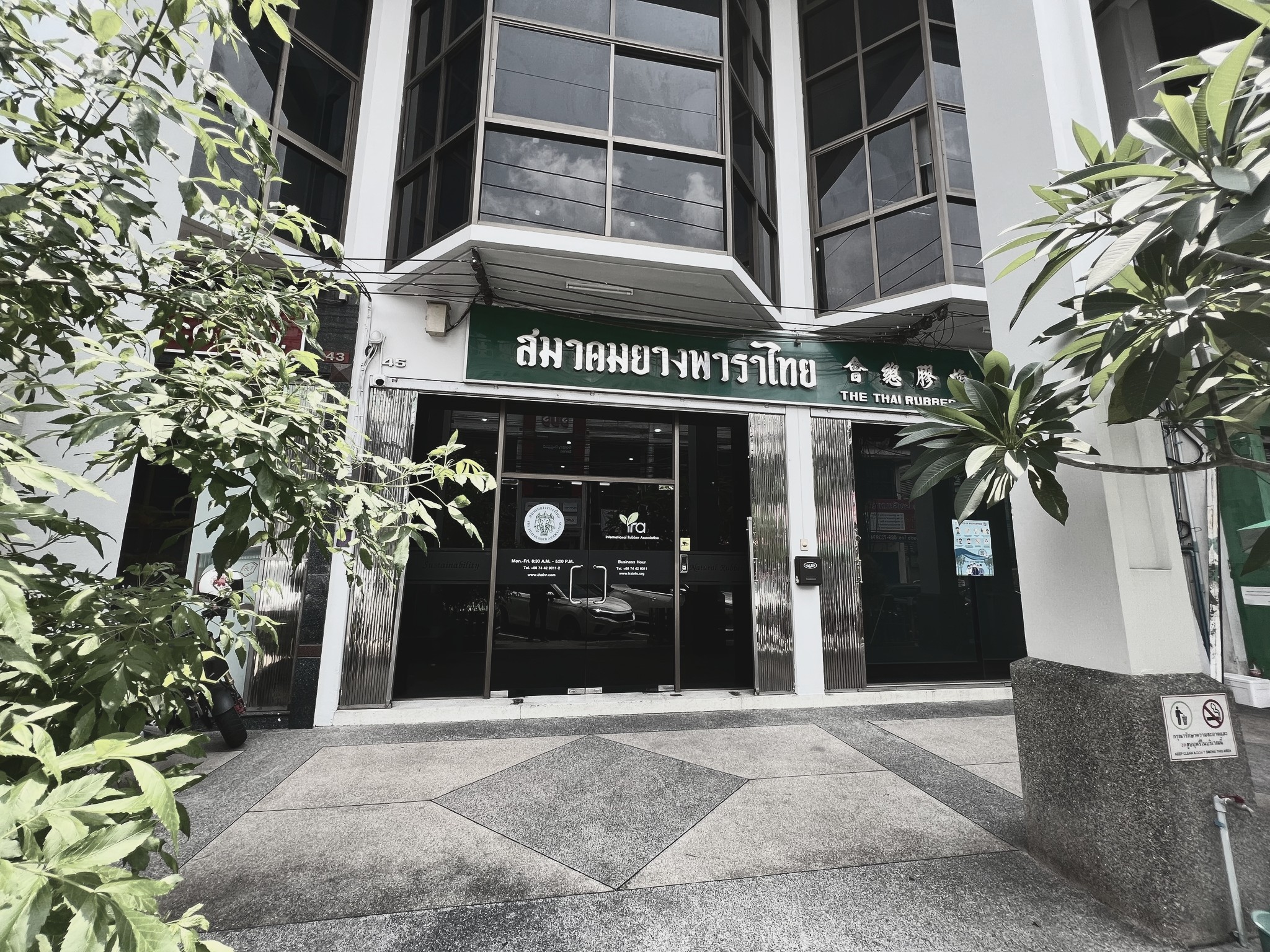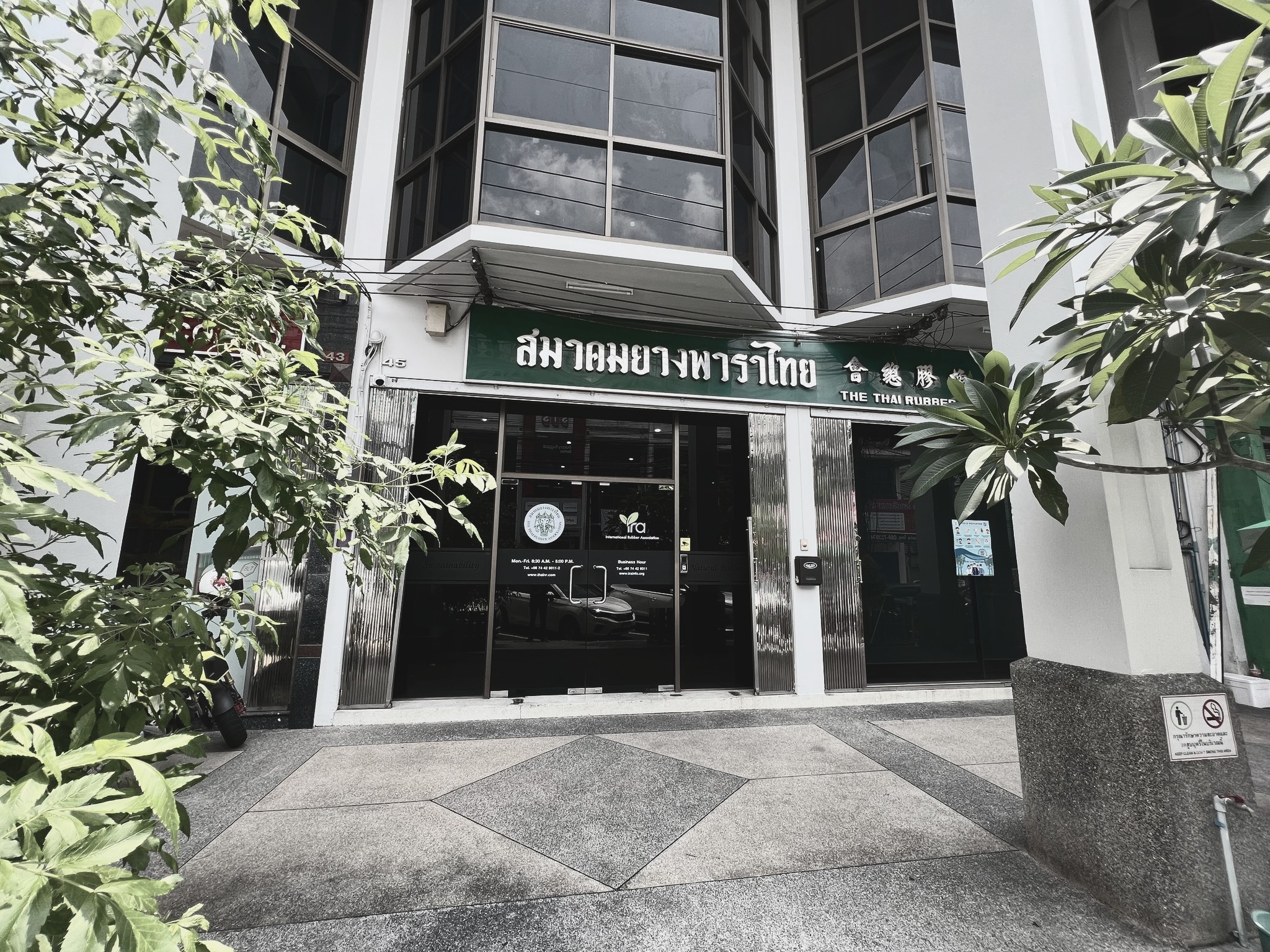
News

Ron Insana says economic windstorms are blowing around the world
In the summer of 1997, Thailand’s currency collapsed, rapidly followed by a currency crisis that spread throughout many countries in Asia.
What followed was a global contagion that swept even the U.S. market into a meltdown that shook financial centers around the world.
A year later, Russia devalued its currency, defaulted on its external debt and again led to market turmoil that effectively bankrupted a major hedge fund, Long-Term Capital, and threatened to wreck the financial system in the U.S.A.
Since 1997 and 1998, there has been no shortage of additional shocks and crises in the global economy, from the internet bubble bursting to 9/11, to the corporate scandals that followed shortly thereafter, to the Great Financial Crisis and, more recently, to the twin shocks of pandemic and war.
As we approach the end of the summer of 2023, there are additional pressures building globally that could cause a season of discontent both at home and abroad.
China’s economy is cratering, so much so that China’s efforts to stimulate activity, Tuesday’s rate cuts being the latest example, are proving to be ineffective.
China’s youth unemployment crisis is so bad, Beijing has ordered officials to stop publishing data about it.
With an economy that has yet to rebound from China’s draconian “zero Covid policy,” efforts to stimulate economic activity may be the equivalent of “pushing on a string,” a commonly used expression describing monetary policy that no matter how hard you push a string — cut rates — an extremely weak economy will not move in the desired direction.
Money on the run
Foreign direct investment into China has plunged.
The U.S. continues to levy sanctions, of sorts, against China and is rallying its Asian allies, from Japan to South Korea to Australia to coordinate efforts to thwart China’s military ambitions in the Pacific theater.
All of these actions, along with China’s imploding property markets, demographic challenges and party-first policies, are constraining China’s growth and ushering in a deflationary spiral from which it may be difficult to emerge in a once emerging market economy.
While China appears to be imploding, its exports and imports recently crashing to levels not seen since the depth of the pandemic, Russia’s economy is also faltering under the weight of war, a collapsing currency (the ruble is now worth less than a U.S. penny), rapidly rising interest rates and global economic sanctions.
Russia is less connected to the global economy than it was in 1998, but still represents a source of both economic and geopolitical instability as the war in Ukraine rages on and the world rages at Putin’s folly.
A world away, Argentina’s political and economic turmoil is getting even worse … if that’s remotely possible.
Inflation is over 100% and now so are interest rates, as Argentina’s central bank just this week jacked rates up by 20 percentage points to 118%!
The emergence of an ultra-rightist presidential candidate as the top contender for the job further rattled Argentina’s fragile economy and led to a major devaluation of their already weak currency.
Contagion risks abound!
Trouble also at home
Here a home, commercial real estate faces a test of resilience in 2024, even the nation’s biggest, and presumably most stable, banks face downgrades for their exposures to rising interest rates and future trouble spots — a new development that could complicate recent optimism about a so-called “soft landing” for the U.S. economy.
I was recently among those who pushed off the risk of recession to some unknown future date.
Now, however, there are some storm clouds rapidly gathering on the horizon that are quickly coalescing into a derecho-like windstorm that can emerge with little warning and tear down even the most solid structures.
Policymakers should be increasingly aware of the risks and develop early warning and advanced tracking systems for these emergent threats.
The U.S. economy is very strong both in absolute and especially in relative terms.
But as the past has shown us, unexpected events can shock the system and investors should remain alert to the possibilities of yet another blow to the system.
It wouldn’t be the first time the end of summer leads to a brutal fall.
Read more at CNBC
Reference : CNBC
Latest News

Thailand Monthly Rubber Report – December 2025


Thailand Monthly Rubber Report – November 2025
INTERNATIONAL RUBBER ASSOCIATION
SECRETARIAT
THE THAI RUBBER ASSOCIATION
45, 47 Chotivithayakul 3 Road, Hatyai, Songkhla 90110, Thailand
+66 74 429311, +66 74 429011-2
+66 74 429312
secretariat@irainfo.org



